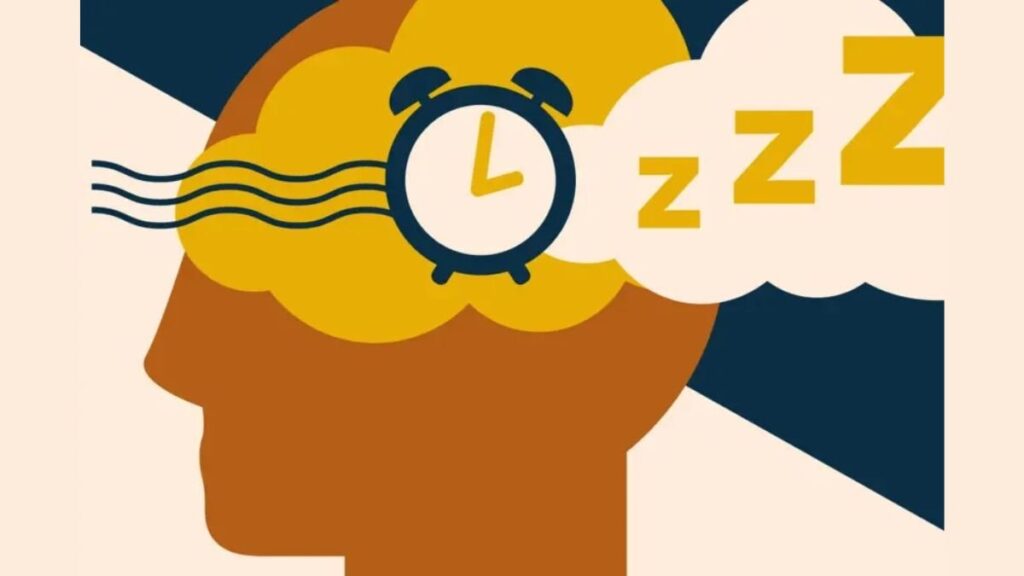Research conducted by researchers and doctors shows sleep is not just a period of rest but a complex biological process.
Ahmedabad (Gujarat) [India], March 15: The annual World Sleep Day, which aims to lessen the burden of sleep problems on society through better prevention and amendment of sleep disorders, will be celebrated on March 15 this year. New research reveals that quality sleep is not just a period of rest, but a complex biological process essential for physical and mental health and well-being.
The research, conducted by a group of researchers led by Dr Gunjan Y Trivedi, was published in the Journal of Applied Consciousness Studies in January.
“Consider sleep as a complex symphony. When different stages work together in perfect harmony, it profoundly benefits our physical and mental health. At the same time, disrupting the delicate balance can lead to significant consequences,” says Dr Trivedi.
The study highlights the importance of two distinct sleep stages – rapid eye movement (REM) and non-REM (NREM). Characterized by rapid eye movements and heightened brain activity, REM sleep is often called the dream stage. It is believed to play a crucial role in emotional processing and cognitive functions. The first half of the night is typically dominated by NREM sleep, while REM sleep becomes more prominent as the night progresses, with dreams often occurring during these periods.
“REM sleep may be a platform for the brain to process emotions and consolidate memories related to skills and habits,” says Riri G Trivedi, who presented the link between sleep disruption and depression at a National Academy of Psychologist meeting recently in Visakhapatnam.
On the other hand, NREM sleep, often called deep sleep, is the restorative phase where the body prioritizes repair and recovery. During this stage, growth hormone production increases, promoting tissue growth and repair. The immune system is bolstered, helping us fight off illness. The brain waste is effectively carried out during this stage, reducing the risk of long-term memory issues. Moreover, NREM sleep facilitates the strengthening and integration of new memories.
If sleep is a symphony, the circadian rhythm, the body’s internal clock, is its conductor. Light exposure is the primary cue for the circadian rhythm, with darkness signaling the release of melatonin, the sleep hormone.
“A well-regulated circadian rhythm ensures that NREM and REM sleep stages occur in a balanced sequence, promoting optimal sleep quality,” says Dr Banshi Saboo, a renowned diabetologist who has done much work with sleep and circadian rhythms.
Studies have shown that disrupted sleep can lead to a range of adverse health consequences such as a weakened immune system, higher risk of heart disease and stroke, weight gain, difficulty in concentrating and remembering, mood disorders like depression and anxiety, and increased risk of accidents due to drowsiness. Sleep disturbances can also lead to long-term effects such as a higher risk of chronic diseases like diabetes and even some cancers, reduced quality of life, and increased risk of dementia and Alzheimer’s disease.
According to experts, maintaining a consistent sleep schedule, even on weekends, and maximizing natural light exposure during the day is crucial for regulating the circadian rhythm. Avoiding bright screens before bed can further improve sleep quality. Identifying any underlying medical conditions can also help in improving sleep hygiene.


